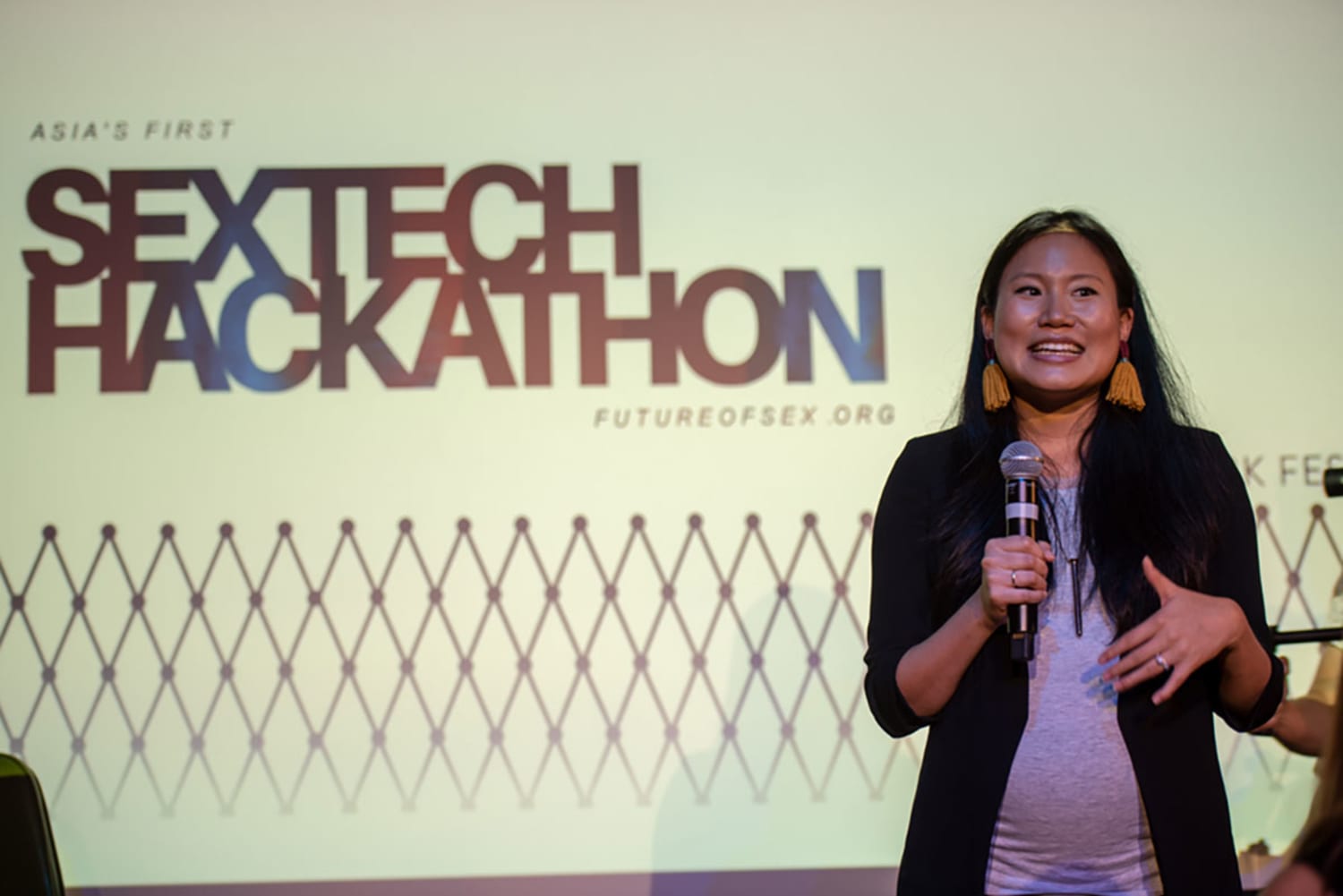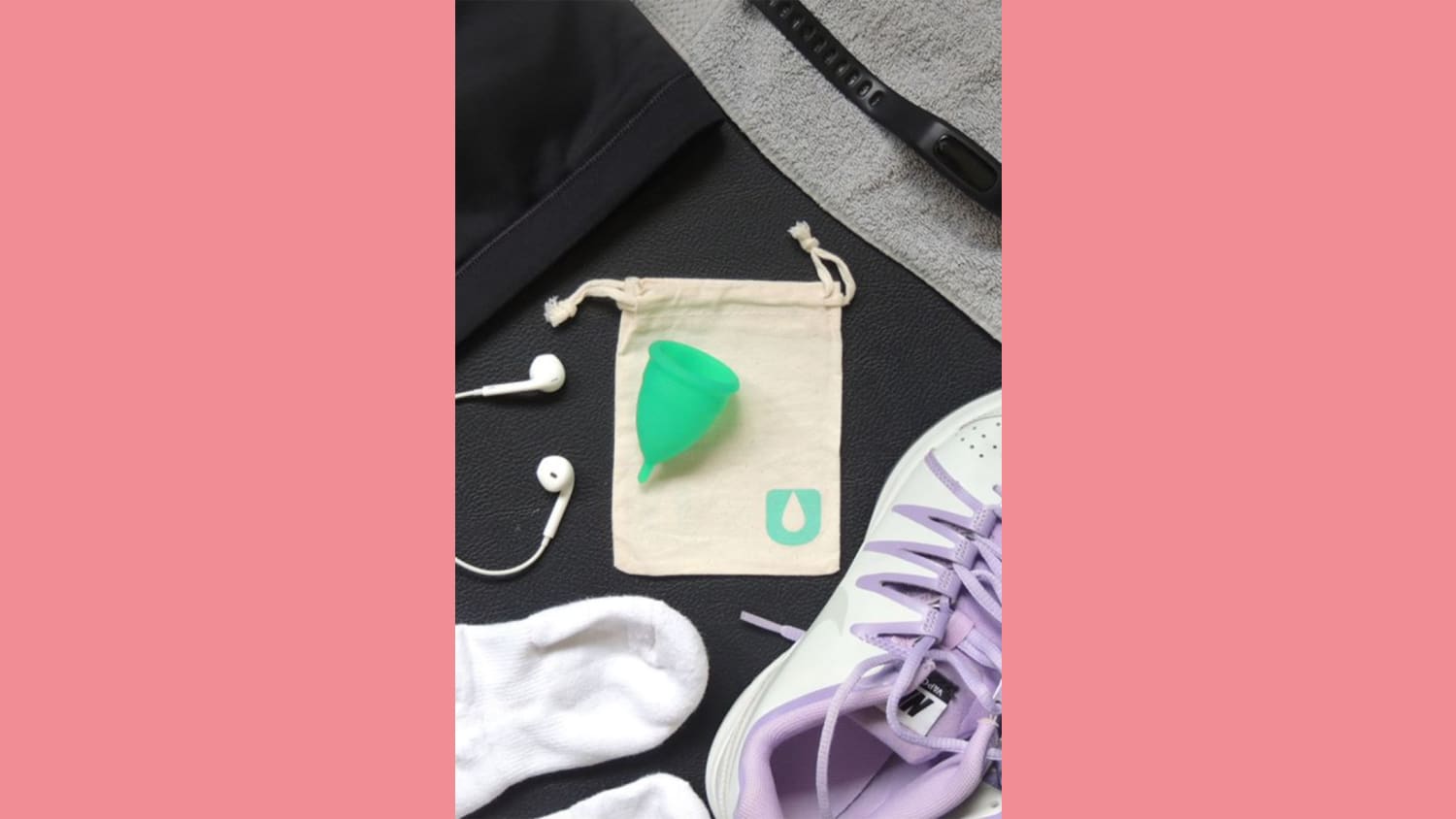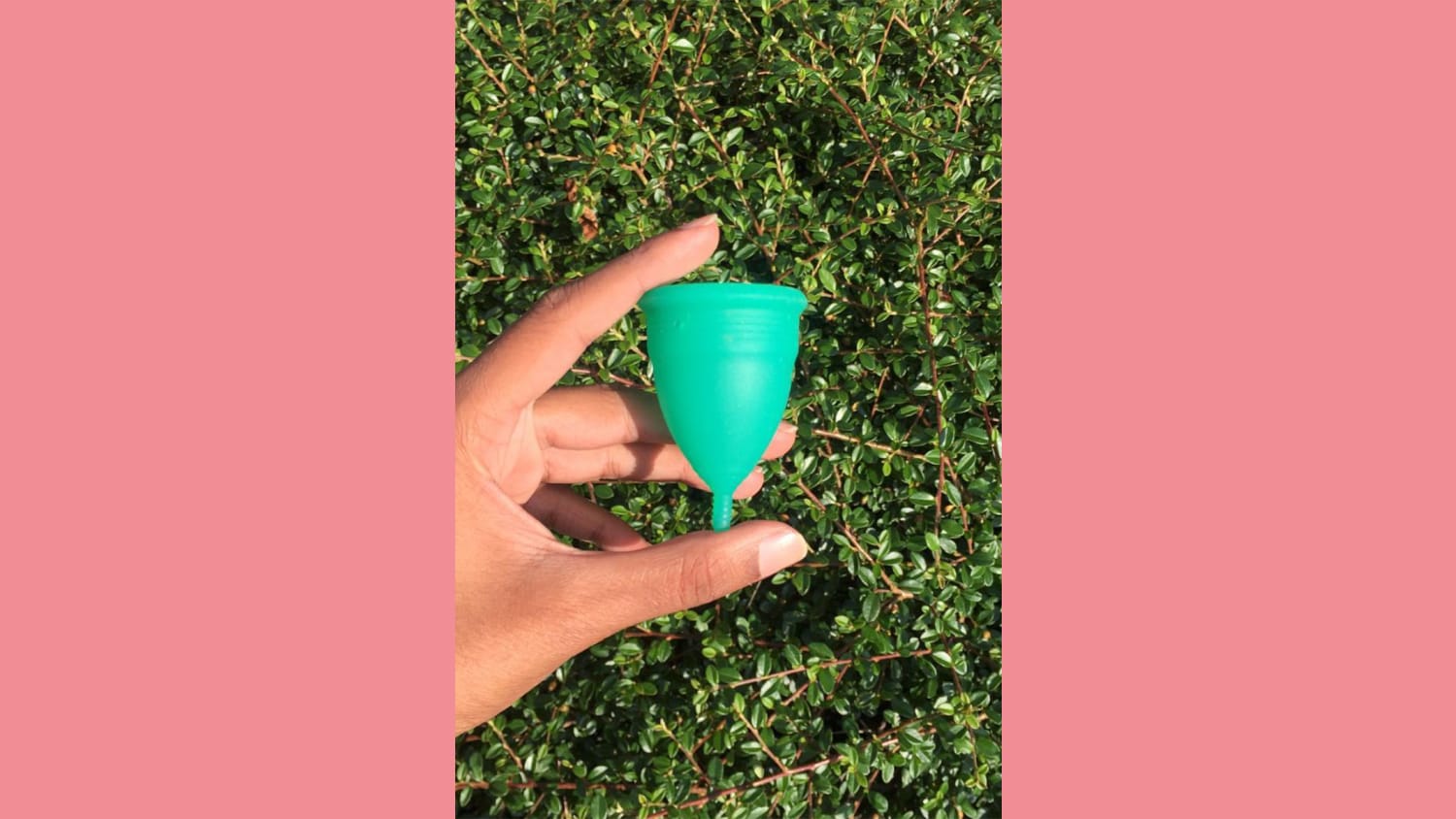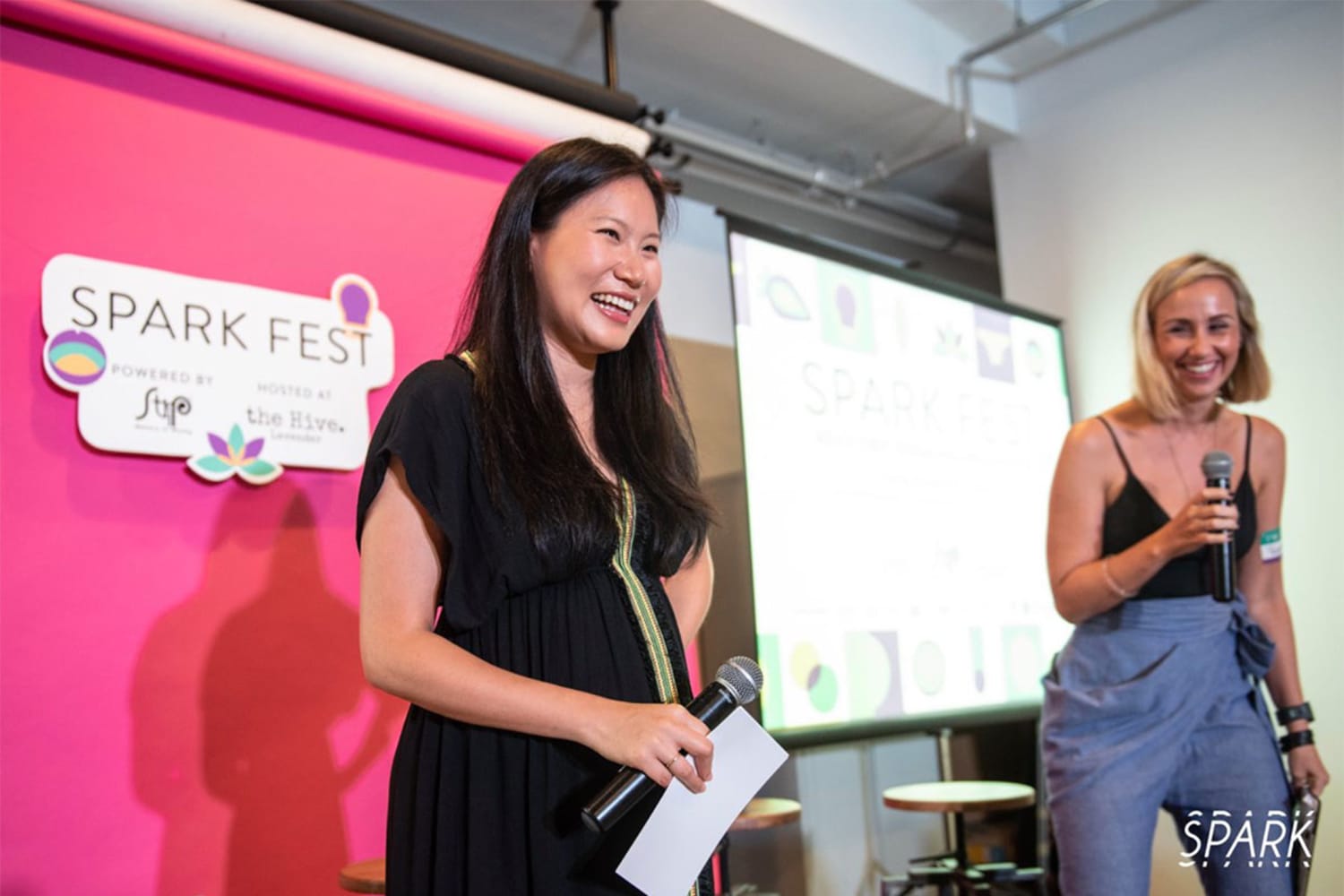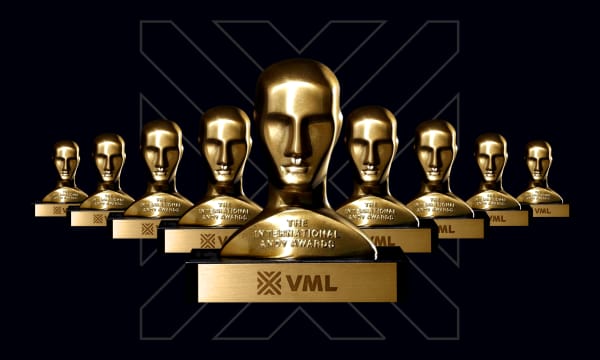A new generation of educators, brands, doctors, artists and media is looking to start a public dialogue on intimacy, wellness, and sex tech.
It’s part of a growing recognition that sexual health is important for overall health. In the Innovation Group’s new report, “The Well Economy: Asia Edition,” 38% of survey respondents from five Asia-Pacific countries say they associate sexual health with overall health, with men more likely to say this than women. Almost half of respondents say they would go to the doctor more often if there was less stigma around sexual health checkups for non-married individuals.
In Singapore, the movement to stamp out the stigma around sexual health this year gained a vibrant new platform: Spark Fest Asia. In May, more than 500 visitors flew into Singapore from mainland China, Taiwan, Japan, Australia, Thailand and elsewhere. They included sex toy makers, magazine editors, LGBTQ+ leaders, therapists, physicians and sexologists. Topics included sex education, changing definitions of masculinity, sexual consent and the evolving modern relationship.
Erin Chin, the sex and relationships counselor who founded Spark Fest, talks to the Innovation Group about why the Singapore event was a milestone—and explains its importance as a launch pad to the rest of Asia.

